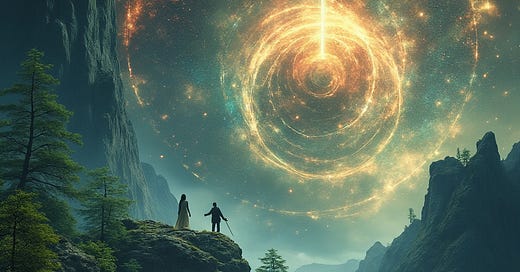"Nature does nothing in vain. - Aristotle
Natural selection often goes unnoticed as the driving force behind the rise and fall of civilizations. It's ironic, really, because, without this ancient, unfeeling, and indifferent mechanism, we wouldn't be here. It's not some random process, as materialists would have us believe. No, it's an ingenious, self-reg…





